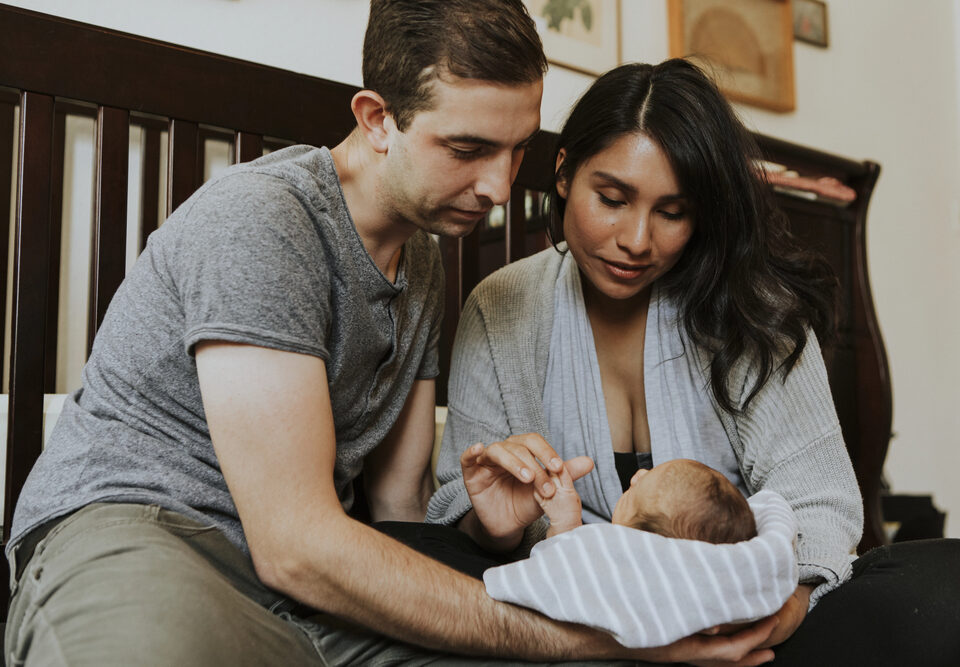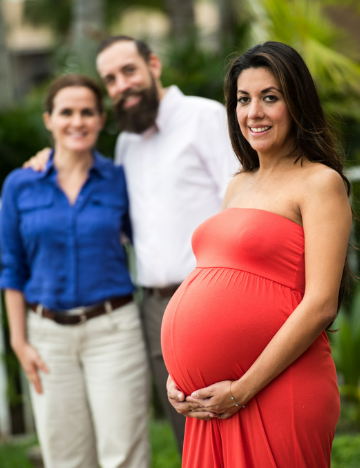Reflecting on The Fertility Clinics Disaster A Year Later
三月 14, 2019Parents Obtain Order to Save Son’s Sperm After Fatal Ski Accident
三月 19, 2019Last year, we shared the struggle some Spanish families were having trying to get their children born through surrogacy in the Ukraine out of the Ukraine. The problem boiled down to the Spanish Embassy in Kiev’s decision to stop issuing Spanish passports for those babies. Passport applications for surrogate-born Spanish children were frozen for up to ten weeks in some cases. This was, understandably, upsetting for the parents of newborns who simply wanted to take their children home with them to Spain. At the time, the Spanish Embassy cited concerns about human trafficking and medical malpractice at some Ukrainian fertility clinics.

There’s an update to this story. Unfortunately, it’s not a positive turn of events. The Spanish Embassy decided at the end of January 2019 that it would reject all new passport applications for children born to Spanish parents through Ukrainian gestational carriers. In its announcement, the embassy indicated that there could be exceptions for applications that were already pending, but that it would not consider or authorize new registration requests.
This refusal to issue Spanish passports for these children of Spanish parents born through surrogacy could end up in the children essentially being stateless, without a country to call home. Ukrainian law provides that children born through surrogacy are the legal children of the intended parents, so Ukranian citizenship it not granted to these children.
That’s one of the features that makes Ukraine a popular place for surrogacy arrangements on a continent where several countries, including Spain, ban surrogacy outright. Of course, this policy shift is likely to have a chilling effect on such arrangements.
If you’re considering growing your family through surrogacy, working with an attorney who specializes in reproductive rights can help you understand potential risks associated with surrogacy arrangements, so you can protect your rights – and those of your unborn children. Contact us today to learn more!



